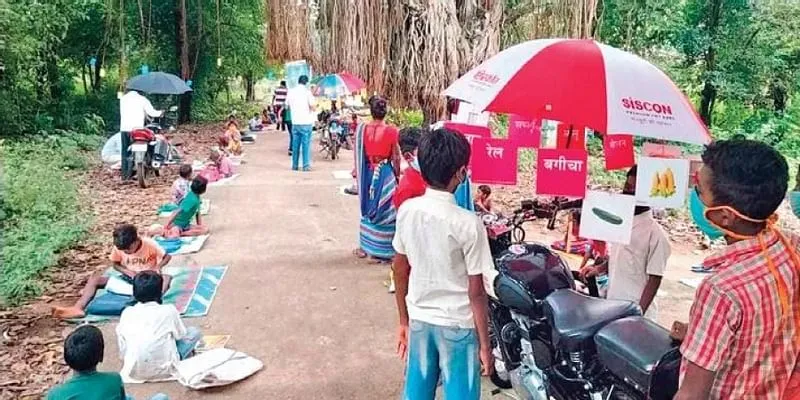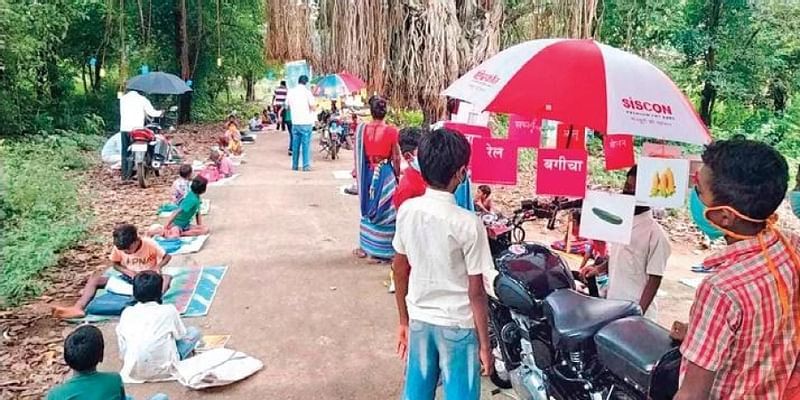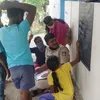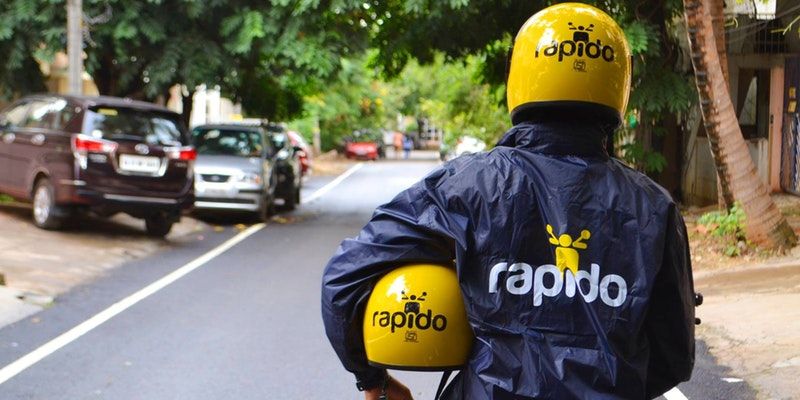Jharkhand teachers are ‘adopting’ remote students to make digital content accessible
Government school teachers in Jharkhand are ‘adopting’ a group of students who do not have internet access and visiting them every week to deliver digital classes.
Online education still hasn’t become regular in many remote and backward places across India. These areas have been struggling with continuing education ever since the schools were shut down.
However, many organisations are channelling their efforts into making education more holistic, accessible, and inclusive, for example, government school teachers in Jharkhand.
Of the 42 lakh school students across the state, only 33 percent of students have access to WhatsApp classes. To address this pressing statistic, the government has found an innovative solution to ensure that underprivileged students can get access to online education.
The government school teachers will now ‘adopt’ students who do not have an internet connection or access to smartphones, and will visit them every week to make digital content accessible to them.
The teachers will also take an effort to personally guide these students so that they stay on par with students with internet connections.

A school-at-the-doorstep in Dumka (Image: The New Indian Express)
“Talks are on the concept of ‘Mohalla class’ under which teachers weekly hold classes with small groups of students every week,” an official told The New Indian Express.
“Under this initiative, teachers will also be in a position to evaluate the progress of a child, which is not possible under the current arrangements where students are being provided content on WhatsApp,” he added.
The students will be placed under specific teachers, who will further divide them into different groups and guide them accordingly.
Some schools in remote villages like those in Dumka and Jamtara have already adopted this teaching methodology. Sham Kishore Gandhi, principal of Bankathi Utkramit Madhya Vidyalaya, said that they have been following this method for the past seven months.
"In Dumka itself, more than 500 schools have been holding such classes at different locations in small groups following social distancing norms," he said, according to The Logical Indian.
Do you have an interesting story to share? Please write to us at [email protected]. To stay updated with more positive news, please connect with us on Facebook and Twitter.
Edited by Rekha Balakrishnan











